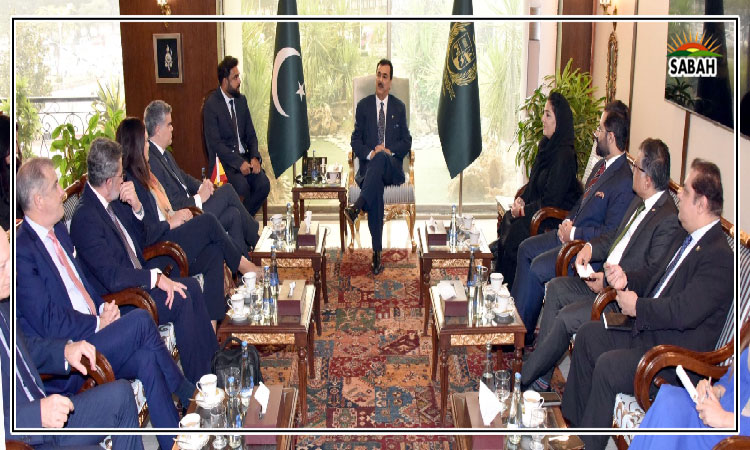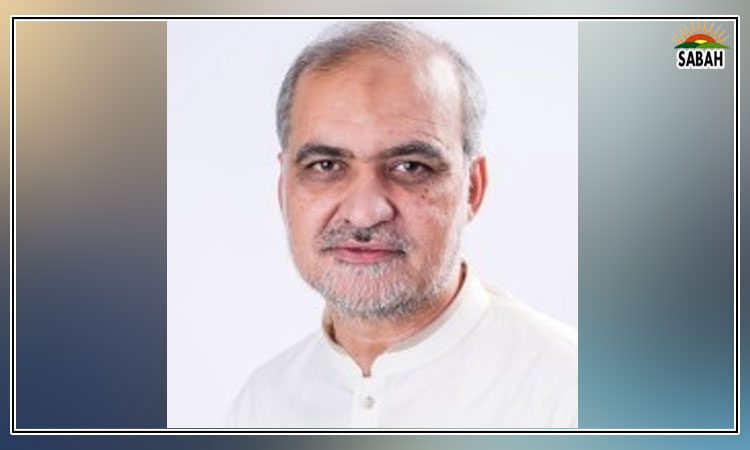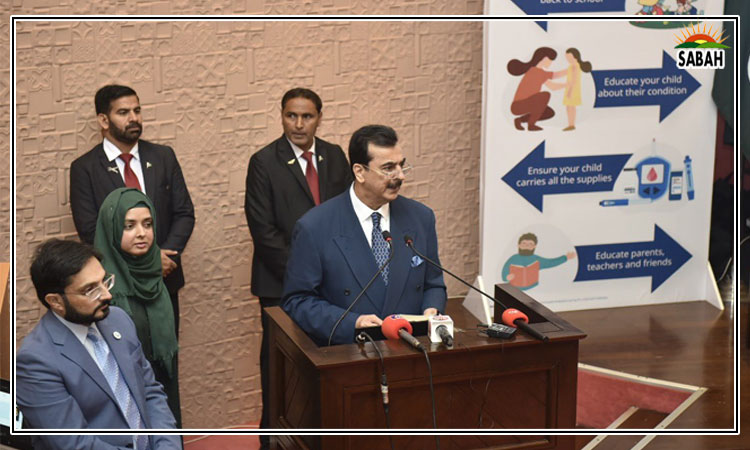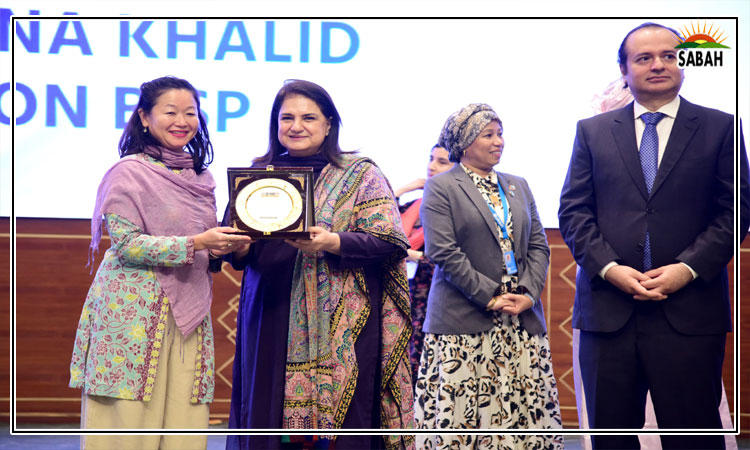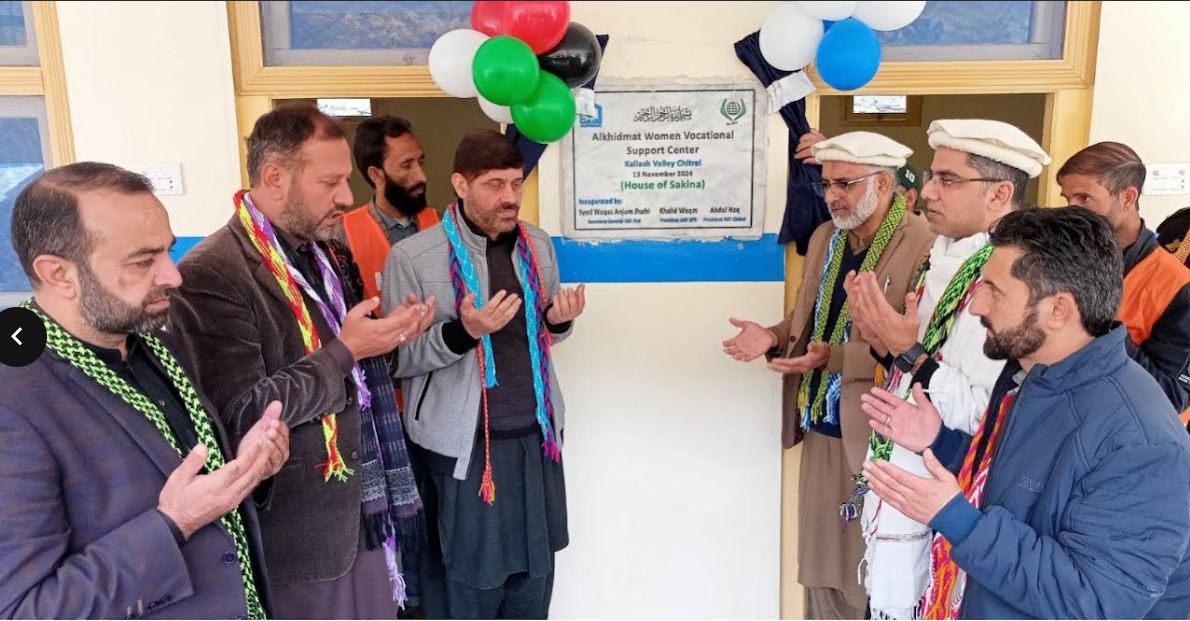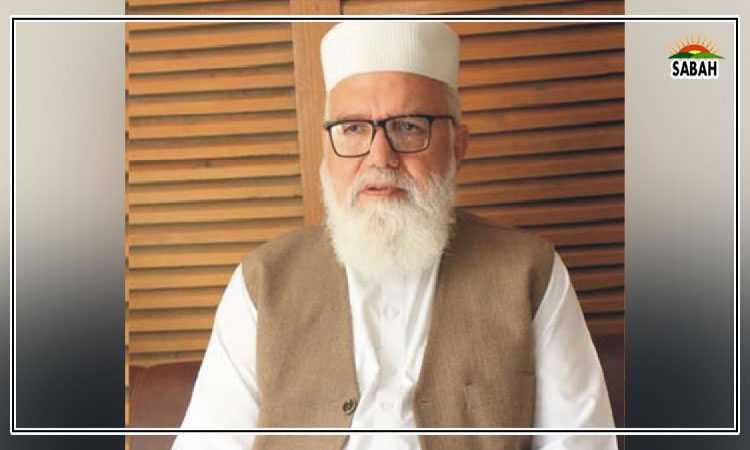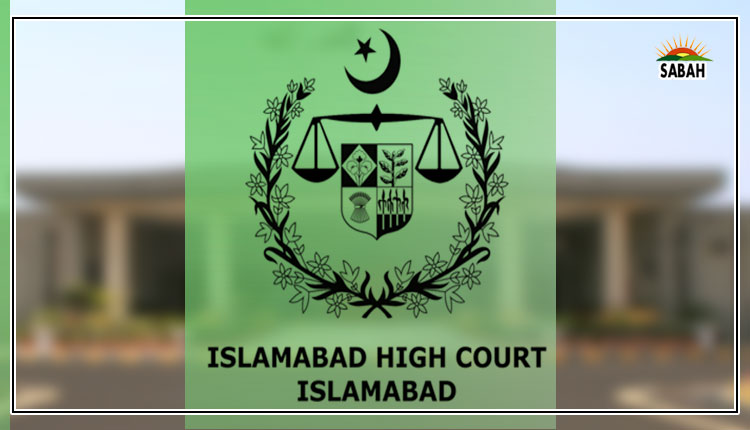Chairman PTI’s appeal against conviction in the Toshakhana case fixed for hearing on August 22 in IHC
ISLAMABAD, August 16 (SABAH): A two-member bench of the Islamabad High Court (IHC) will hear Pakistan Tehreek-e-Insaf (PTI) Chairman and former prime minister Imran Khan’s petition against his conviction in the Toshakhana case on August 22.
IHC Chief Justice Aamer Farooq and Justice Tariq Mehmood Jahangiri will hear the matter.
The PTI chief had approached the Islamabad High Court challenging the trial court’s verdict and sentence against him, requesting that the court declare the judgment “illegal”.
“It is most respectfully prayed that the Court may graciously be pleased to set aside the impugned judgment dated 05.08.2023, and declare the conviction, sentence imposed upon the Appellant to be illegal and without lawful authority and to acquit the Appellant of the charges framed against him,” the petition read.
The PTI chairman was sentenced to three years in prison and imposed a fine of Rs100,000 by Additional District and Sessions Judge (ADSJ) Islamabad (West) Humayun Dilawar on August 5, 2023, after the judge found Khan guilty of graft in the Toshakhana case — a development that disqualified him for five years.
The petition seeks the denunciation and overturning of the conviction altogether on a number of grounds. One of the reasons cited in the petition for the request is that the impugned judgment is “totally misdirected”.
“The prosecution has miserably failed to discharge its onus against the appellant and, as such, the impugned judgment is unwarranted by law,” the petition added.
Moreover, the petition contended that ADSJ Dilawar’s verdict had been based on “hyper-technical” grounds and “misreading”.
“The learned trial judge has returned a finding of guilt against the accused on hyper-technical grounds, and that too by misreading and misconceiving the law, and not on the basis of any tangible evidence in support of the charge framed against the accused, which evidence, nonetheless, is utterly lacking in the instant case.”
The petition also alleged that the judge had not given due consideration to a number of pertinent matters, including the fact that Khan’s accountant has mentioned the cost at which these assets were acquired in the “relevant column of Form-B”, under “Precious Items” as per his expertise.
“As a matter of fact all that the learned judge has to say regarding the defence of the appellant is to make a cursory almost derisive reference to it,” the complaint added.
The petition also alleged that the trial was not fair and the verdict — “tainted with bias and a nullity in the eye of the law” — pre-decided in that it “seemingly took him [the judge] just 30 minutes to dictate more than 35 pages which constitute the impugned judgement”.
“The impugned judgement having been written even before hearing the appellant’s counsel in support of the defence is a nullity in the eye of the law and liable to be set aside as such,” the petition contended.
Under the rules governing Toshakhana — a Persian word meaning “treasure house” — government officials can keep gifts if they have a low worth, while they must pay a dramatically reduced fee to the government for extravagant items.
The Toshakhana has been under a microscope ever since the emergence of the allegations that Imran Khan purchased the gifts he received as prime minister at throwaway rates and sold them off in the open market for staggering profits.
The 70-year-old cricketer-turned-politician was accused of misusing his 2018 to 2022 premiership to buy and sell gifts in state possession that were received during visits abroad and worth more than Rs140 million ($635,000).
The gifts included watches given by a royal family, according to government officials, who have alleged previously that Khan’s aides sold them in Dubai.
Moreover, seven wristwatches, six made by watchmaker Rolex, and the most expensive a “Master Graff limited edition” valued at 85 million Pakistani rupees ($385,000), were also among the gifts.





